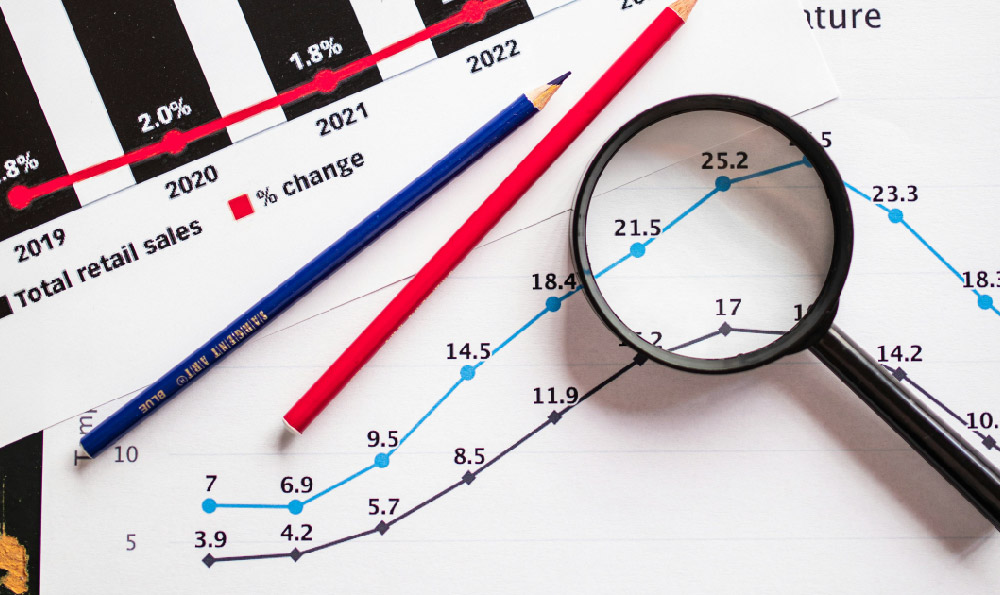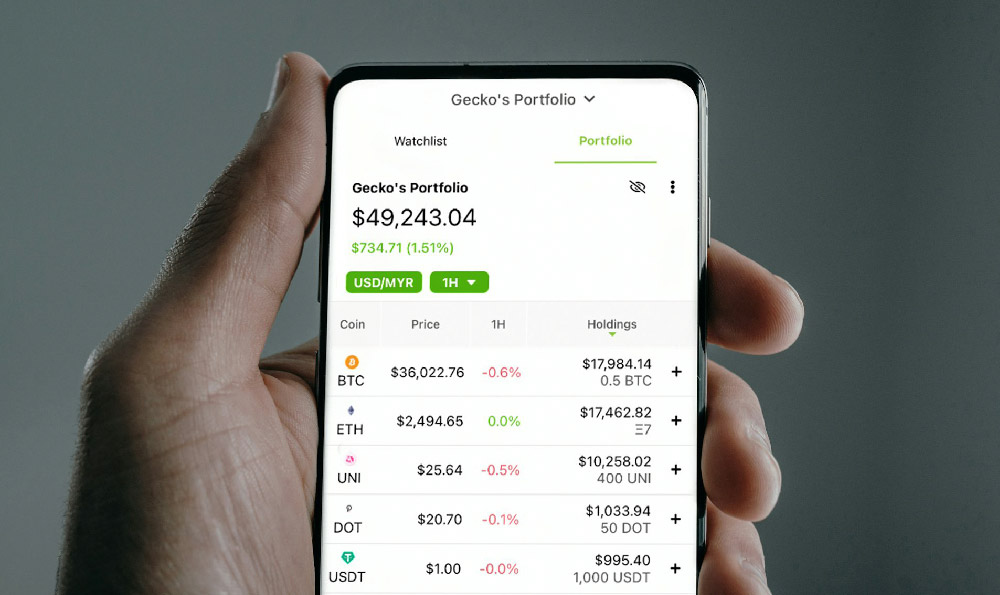Investing in gold can be a strategic move for diversifying a portfolio, hedging against inflation, or preserving wealth. However, navigating the gold market requires understanding its various forms, the factors that influence its price, and the risks involved. Before diving in, it's crucial to assess your investment goals, risk tolerance, and time horizon.
One of the most straightforward ways to invest in gold is through physical gold. This includes gold bars, coins, and jewelry. Gold bars are typically purchased from bullion dealers and are available in various sizes, from small one-gram bars to larger kilogram bars. Gold coins, like American Eagles or Canadian Maple Leafs, are often favored for their collectible value and ease of trading. Jewelry, while beautiful, usually carries a higher premium over the gold's spot price due to manufacturing and design costs.
When acquiring physical gold, it is paramount to purchase it from reputable dealers. Research the dealer's reputation, read customer reviews, and compare prices across different sources. Beware of exceptionally low prices, as they could indicate counterfeit gold or fraudulent practices. Verification of the gold's authenticity and purity is crucial. Independent assayers can test the gold to confirm its composition. It's advisable to choose dealers who offer secure storage options, although the cost of storage should be factored into your investment decision. If opting for self-storage, ensure you have adequate insurance coverage against theft or damage.

Another avenue for gold investment is through gold Exchange-Traded Funds (ETFs). These ETFs hold physical gold or gold futures contracts and track the price of gold. Gold ETFs offer several advantages, including liquidity, ease of trading, and lower storage costs compared to physical gold. However, it's important to understand the ETF's structure and fees. Some ETFs hold physical gold directly, while others invest in gold futures contracts. ETFs that hold physical gold are generally considered less risky, as their value is directly tied to the price of gold. However, all ETFs carry management fees, which can eat into your returns over time.
Gold mining stocks represent another method of investing in gold. These are shares of companies involved in gold mining and exploration. The performance of gold mining stocks is often correlated with the price of gold, but they also carry company-specific risks, such as operational challenges, regulatory issues, and political instability in mining regions. Investing in gold mining stocks requires a thorough understanding of the mining industry and the specific companies you're considering. Diversifying across multiple mining companies can mitigate some of the risk. It's important to scrutinize the company's financial health, management team, and mining operations before investing.
Gold futures contracts offer a more leveraged way to invest in gold. These are agreements to buy or sell gold at a predetermined price on a future date. Gold futures contracts are traded on commodity exchanges and require a margin deposit, which is a percentage of the contract's value. While gold futures can offer significant profit potential, they also carry a high degree of risk. The price of gold can fluctuate rapidly, and losses can exceed your initial investment. Gold futures are typically suited for experienced traders who understand the complexities of the commodity markets.
Where to buy gold depends on the investment method you choose. Physical gold can be purchased from reputable bullion dealers, coin shops, and some banks. Online bullion dealers offer a wide selection of gold products and often have competitive prices. However, it's crucial to research the dealer's reputation and ensure they offer secure shipping and storage options.
Gold ETFs can be purchased through brokerage accounts. Most major brokerage firms offer a variety of gold ETFs to choose from. Before investing, compare the ETF's expense ratio, tracking error, and holdings.
Gold mining stocks are also traded on stock exchanges and can be purchased through brokerage accounts. Research the company's fundamentals and industry trends before investing.
Gold futures contracts are traded on commodity exchanges, such as the COMEX division of the New York Mercantile Exchange (NYMEX). Access to these exchanges requires a futures trading account.
Before investing in gold, it's important to understand the factors that influence its price. Gold is often seen as a safe-haven asset and tends to perform well during times of economic uncertainty, geopolitical instability, or inflation. Interest rates can also affect the price of gold. Higher interest rates tend to dampen gold prices, as they make other investments, such as bonds, more attractive. The strength of the U.S. dollar can also impact gold prices. Gold is typically priced in U.S. dollars, so a weaker dollar can make gold more attractive to foreign investors. Supply and demand factors, such as gold production and jewelry demand, can also influence prices.
Furthermore, consider the tax implications of investing in gold. Physical gold held outside of a retirement account may be subject to capital gains taxes when sold. Gold ETFs are typically taxed as collectibles, which may have a higher tax rate than traditional investments. Gold mining stocks are taxed at the capital gains rate. Consult with a tax advisor to understand the specific tax implications of your gold investments.
In conclusion, investing in gold can be a valuable component of a diversified portfolio, but it requires careful planning and consideration. Understand the different ways to invest in gold, the factors that influence its price, and the risks involved. Choose reputable sources for buying gold and consider seeking professional advice from a financial advisor. By taking a well-informed approach, you can navigate the gold market and potentially benefit from its unique characteristics. Remember, past performance is not indicative of future results, and all investments carry risk. Thorough research and due diligence are essential before making any investment decisions.












